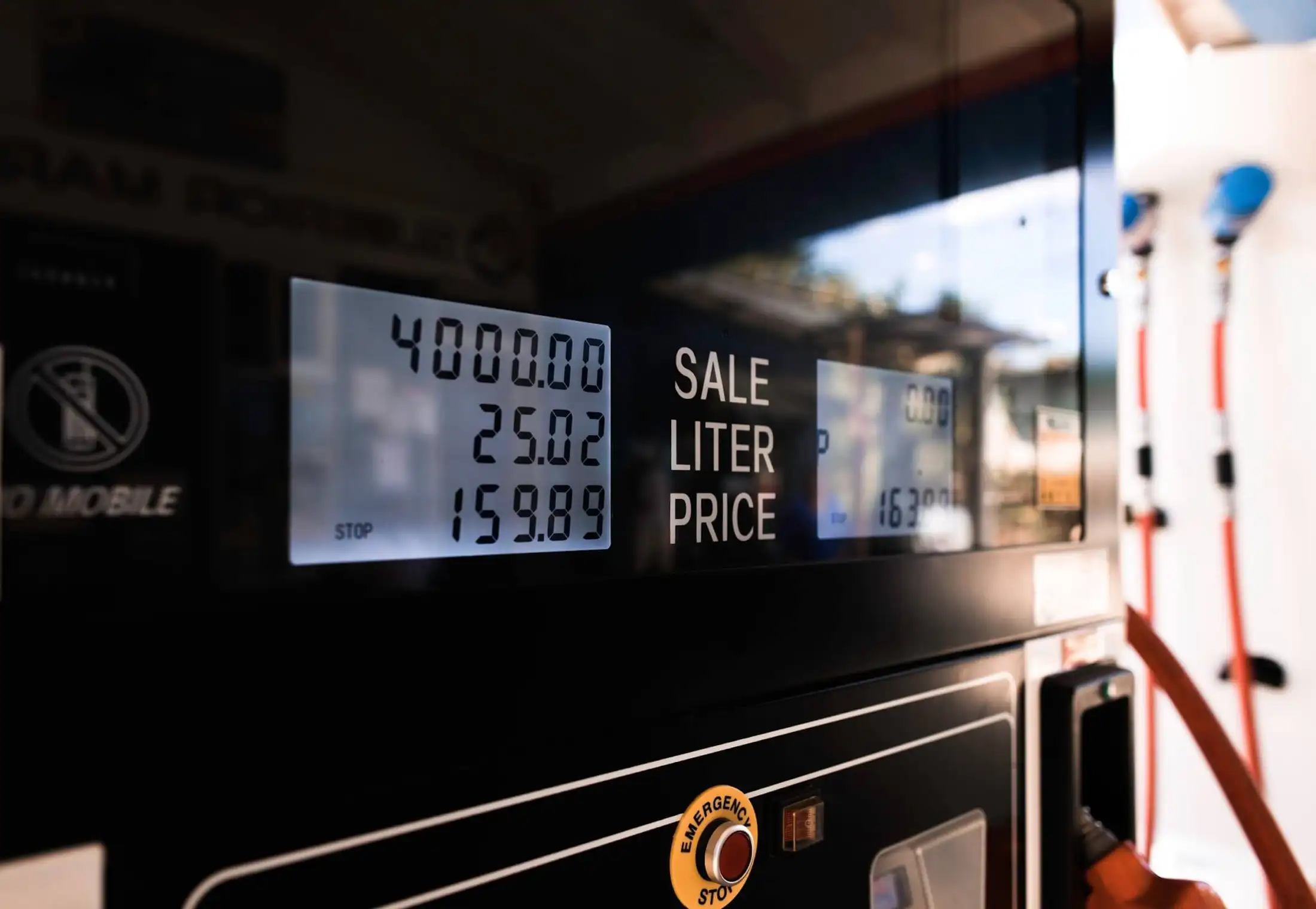Vacations are oftentimes already expensive enough
so it’s important to try to save on costs wherever possible. RV travel is widely regarded as a relatively affordable way to vacation and continues to get more popular over time. Rising fuel costs, especially during warmer months, has gradually made this form of vacation more costly. To offset this increase expenditure, here’s a list we’ve put together of ways to save fuel and stretch your vacation budget much further.
- Keep your engine properly maintained and correctly tuned with regular servicing so it’ll run much more efficiently. Using the manufacturer’s recommended motor oil will boost fuel efficiency by several percent, and something as basic as a clean air filter can increase it by 10%.
- Make sure your tires are inflated to the proper amount. If they’re not inflated enough, there will be more resistance on the road thus reducing your fuel mileage.
- Check your wheel alignment. Wheel imbalances increase tire friction on the road and are another way to reduce fuel mileage.
- Using air conditioning is a quick way to use a lot of fuel so try traveling at cooler times of the day, or make it a habit to put the windows down instead.
- Avoid rough roads because driving on them will eat up your ass far more quickly since the vehicle has to work harder to drive.
- Allowing your RV to run when stationary is wasting gas. If you’re doing this to keep the air conditioning on, you’d be much best served parking in a shaded area with the vehicle turned off. Avoiding running in idle as much as possible will also make for a longer engine life.
- Driving too fast can be expensive so slow down. Especially if you’re driving on side roads, aim for 50 miles per hour as the ideal speed to maximize fuel costs. To ensure you’re consistently staying at this traveling speed, set your cruise control to it.
- Sign up for fueling station loyalty memberships or fuel rewards credit cards.
- Use the Gas Buddy app on your phone to help you find the least expensive gas near you. Just be sure it’s equipped for RVs by having high enough awnings as well as plenty of room to maneuver in and out of the gas station.
- Traveling with the antenna up or having other outdoor obstructions will generate a lot of wind resistance thus increasing your RV’s fuel usage.
- Don’t travel with a full water tank unless you’re boondocking. The extra weight diminishes fuel efficiency. Only carry what you need to get to your destination, and fill the tank there.
- Only stock up on firewood once you reach the campsite. Leave behind what you don’t need so you avoid adding serious weight to the vehicle thus decreasing fuel efficiency.
